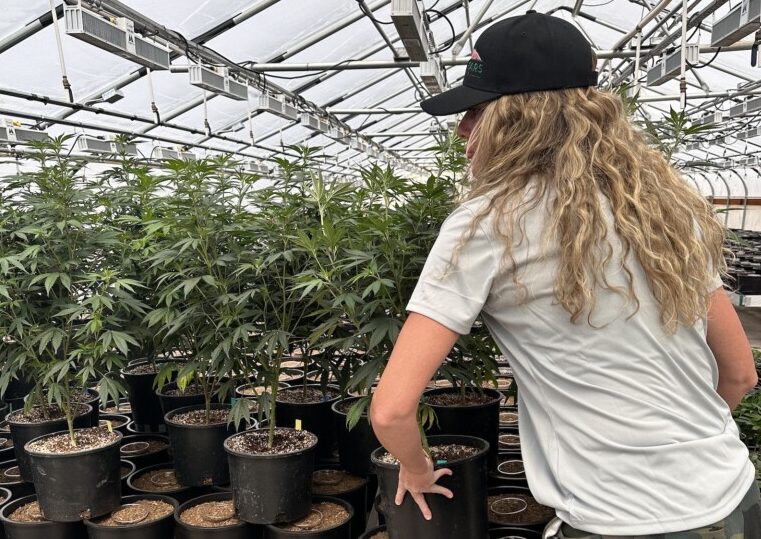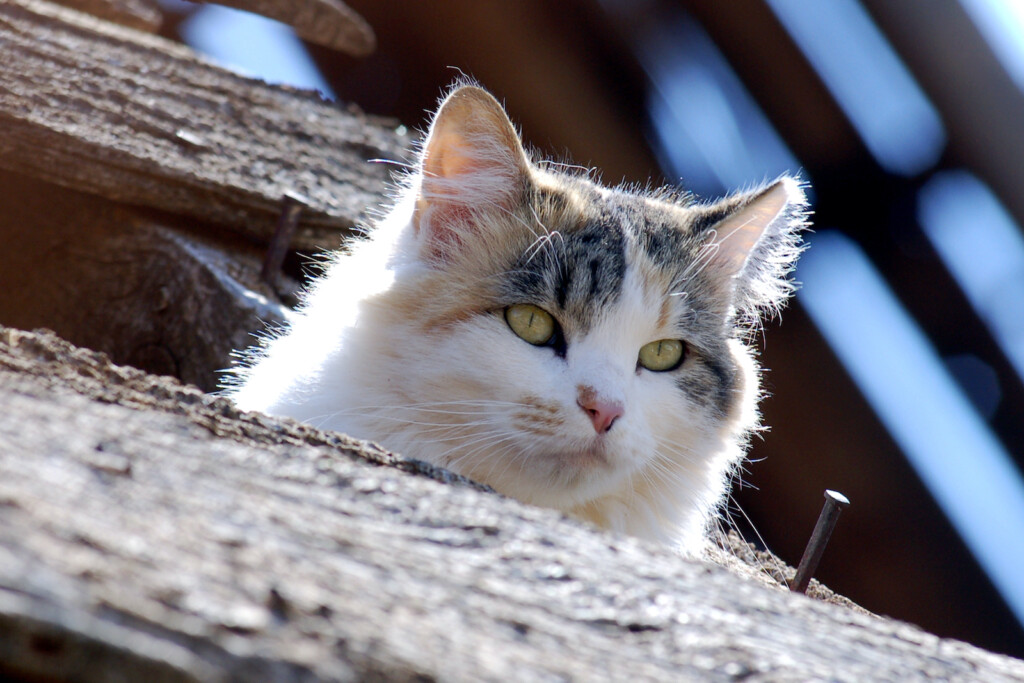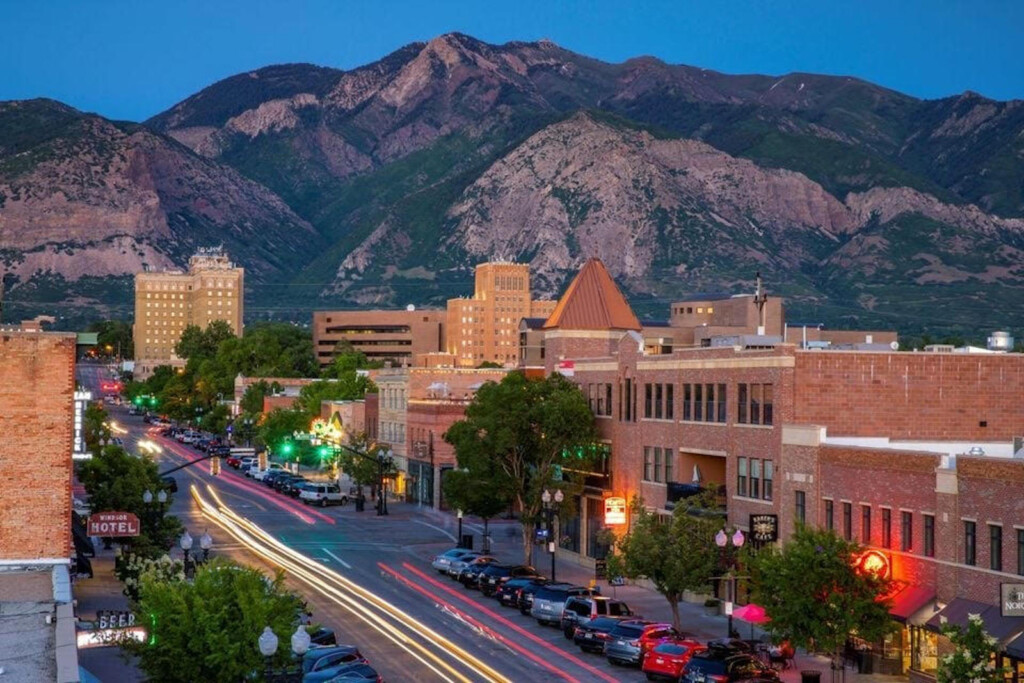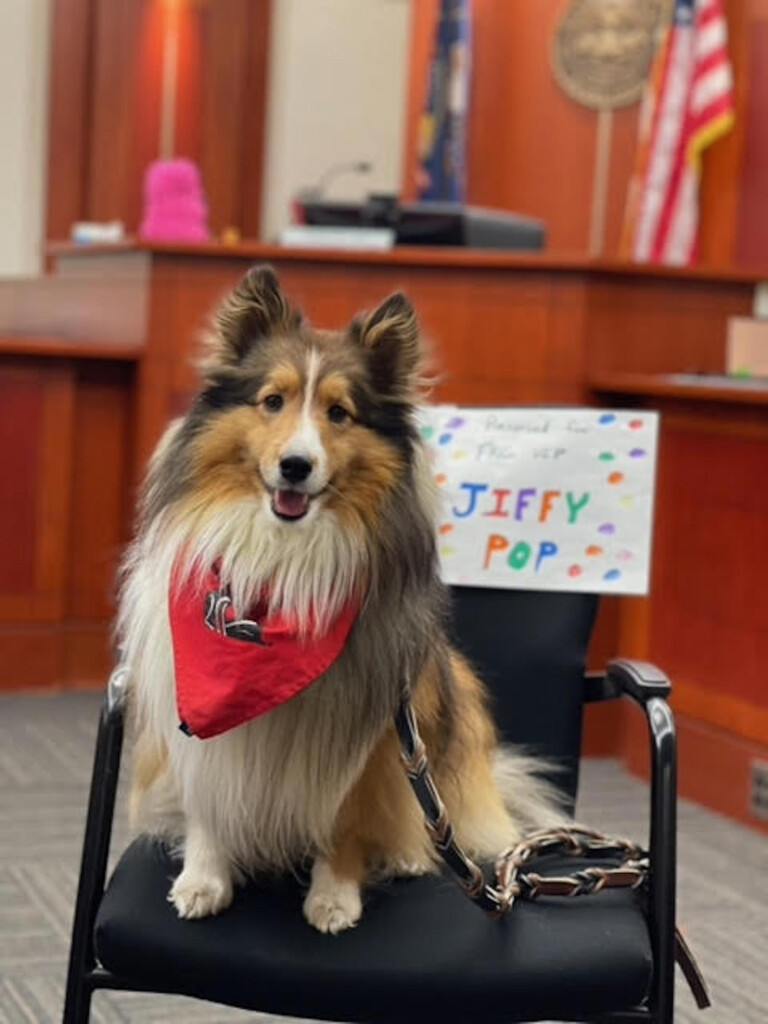On a hot July day, a crowd of people stood on the tan-colored soil of southeastern Utah to celebrate the opening of a new farm with a unique crop. Bears Ears Farms, one of the first hemp farms in this corner of the world, was officially open for business. Even a few missionaries for the Church of Jesus Christ of Latter-day Saints showed up and greeted the group to see what the hype was all about.
“Our corner of the world here in Blanding, Utah, has the ideal growing conditions for hemp plants in such a beautiful area,” says Jana Bailey, owner of Bears Ears Farms.
Growing Hemp in Utah
After five years of working through regulatory hurdles and getting the land ready for crops, Bailey said the opening was a major accomplishment for her and her family. She hopes that over time, the community they’ve created will grow, and the stigmatization of hemp and CBD use will start to decline in her area and in Utah overall.
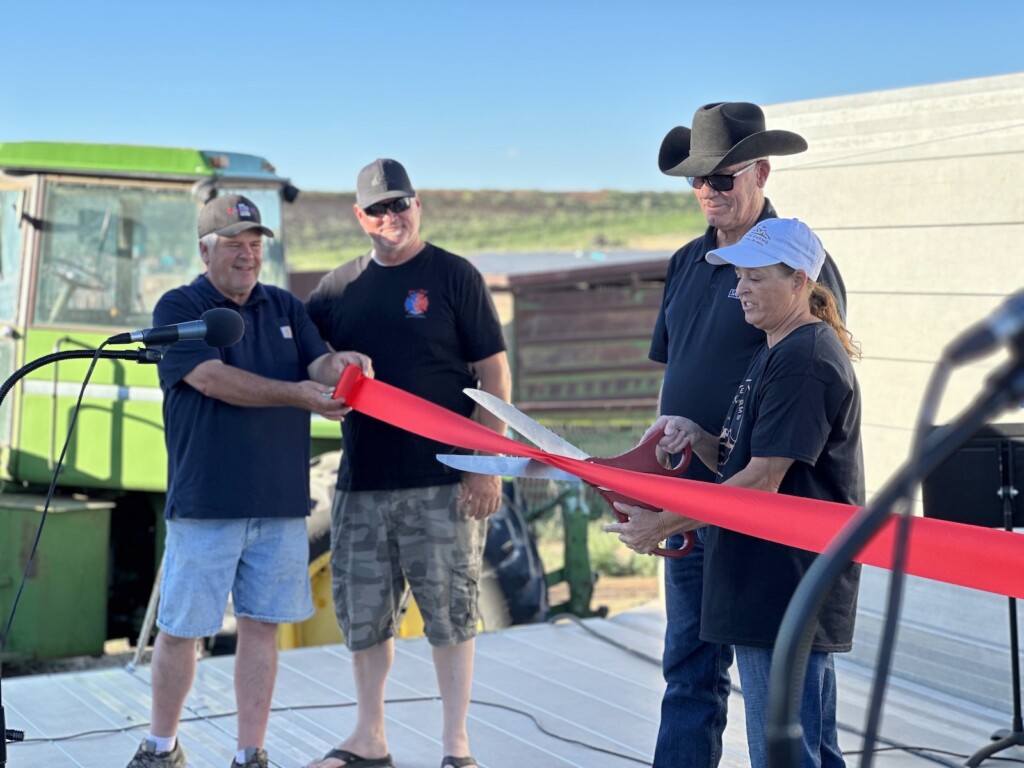
Bears Ears Farms sits inside a special corner of the state. Southeastern Utah has wide expanses, towering buttes jutting into the sky, world-class dark skies, and an ancestral heritage that makes it unlike any other place on planet Earth.
The geological Bears Ears feature is a national monument after which the farm was named and is said to house more than 100,000 Native American architectural and heritage sites, and lies just 33 miles from the farm’s location. It is one of the most remote places in the contiguous 48 United States and is largely accessible only via backcountry roads and trails.
Honoring the Land
Bailey says that she and her family honor the place where their farm is located and that growing hemp seems to suit the people and the land. She’s the 4th generation to grow on this soil. She says her experience with organic wheat and alfalfa prepared her and her family to grow organically grown natural hemp plants, and that the land, which has been worked for over 100 years, has responded well. Because the region is becoming more water-scarce, growing a crop like hemp rather than alfalfa can drastically reduce agricultural water consumption.
“Growing organically is extremely important to Bears Ears Farms,” Bailey said. “Our goal is to help promote overall well-being with an organic full-spectrum hemp. It is processed without solvents so every single part of the plant is captured.”
When one looks at the plants that Bears Ears Farms grows, it’s hard to tell them apart from their THC-bearing sisters, but Bailey says the amount of the psychoactive in the plants is super low, as per regulations. According to the 2018 farm bill written by the federal government, Bears Ears Farms can produce hemp plants with THC at or below 0.3 percent.
“Testing has to be done 30 days prior to harvesting and submitted to the USDA,” Bailey explained.
Risks of Hemp Farming
What Bears Ears Farms is doing in this corner of the state is not only unique, but is in some ways a risk. The cannabis industry is stigmatized nationwide, especially in a rural part of a conservative state like Utah. Following the 2018 federal bill regulating hemp, Bailey said a lot of producers started to drop out of the industry.
“As far as I am aware, Utah had about five active hemp growers in 2023, down from over 319 that started in 2018,” she said.
Bailey says Bears Ears Farms is now the largest hemp producer in the state, growing more than 1,500 plants in the hoop tunnels on their property. This scaling of operations has provided a lucky economic bump for her family and those they work with on the farm.
Providing Employment
“The Navajo and Ute Native Americans are very supportive of what we are doing and growing, and our workforce has been as high as fifty percent Native Americans,” Bailey said.
Bears Ears Farms is working for free to consult employees who may want to start their own growing business, so they don’t experience as many initial hurdles starting out.
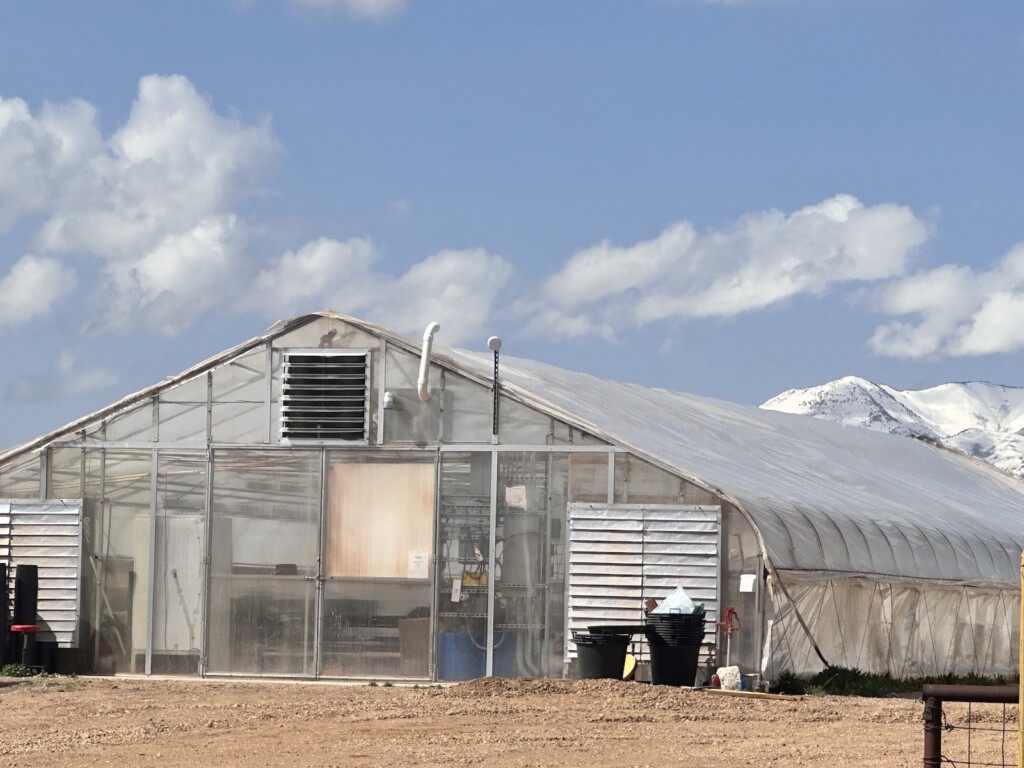
Challenging Beliefs
“We have been fortunate here in Blanding to have very supportive communities surrounding us,” Bailey noted. “We strive to educate people due to preconceived ideas of hemp being ‘pot’, ‘marijuana’, and other negative connotations.”
One of the main barriers Bailey’s family encounters is a lack of communication between different people with different beliefs. That’s why she was so encouraged to see so many different people come to their grand opening, from local families with children to Native Americans, missionaries, and tourists.
“Once we are able to educate people on the beneficial uses of our products, we get very little pushback and a growing customer base,” Bailey said. “The more we grow, the more I fall in love with this amazing plant.”
Featured Image and other images courtesy of Bears Ears Farms.

